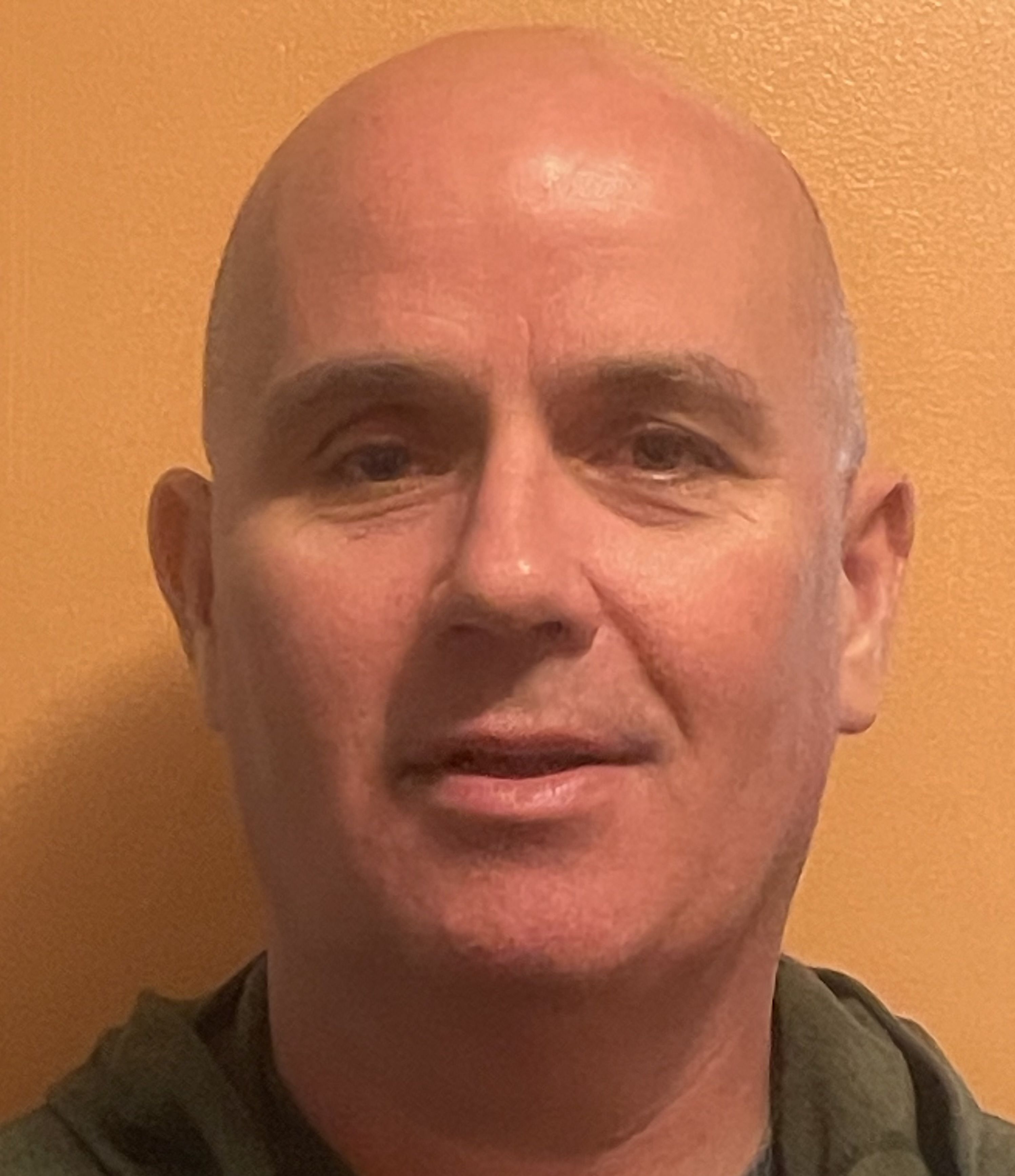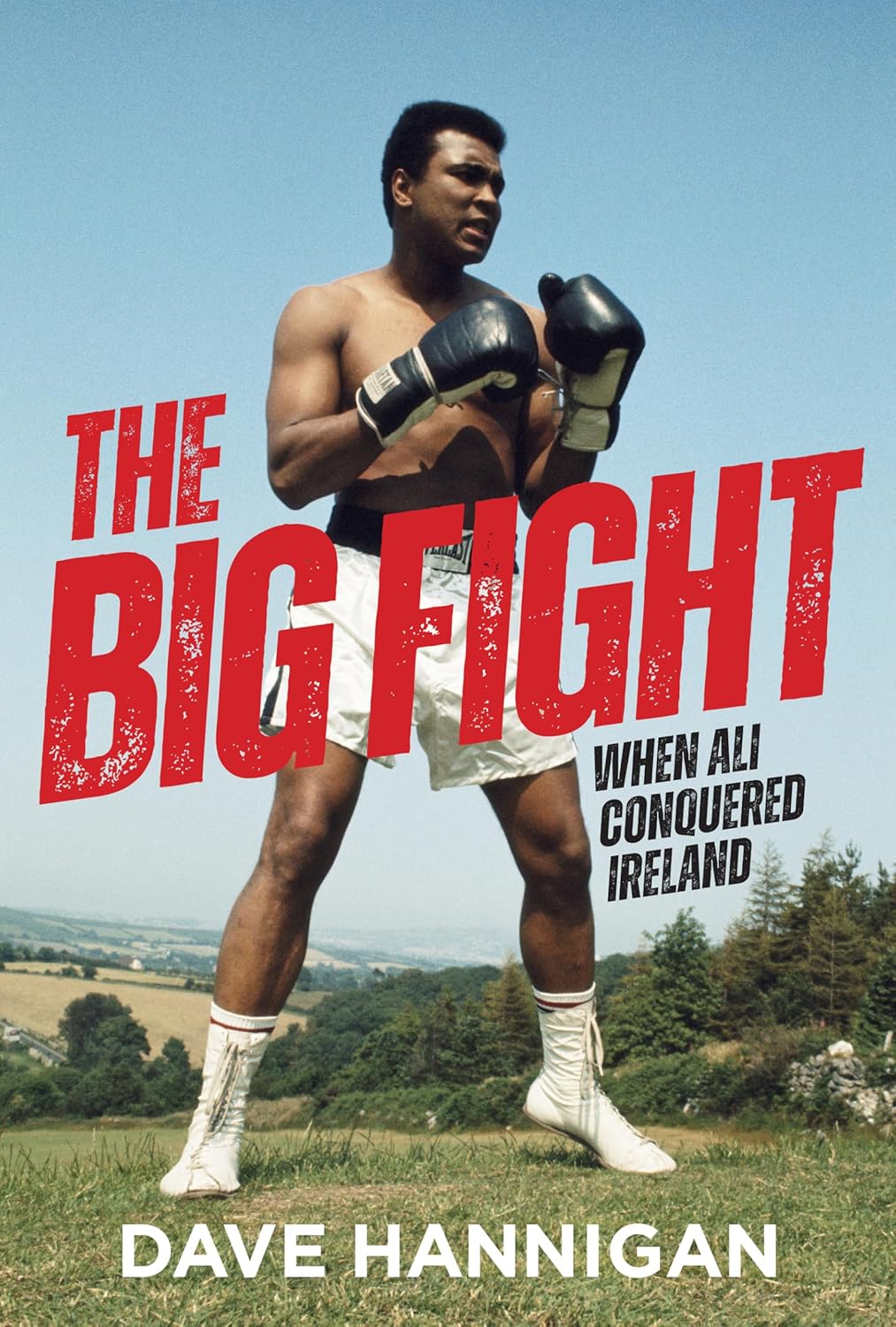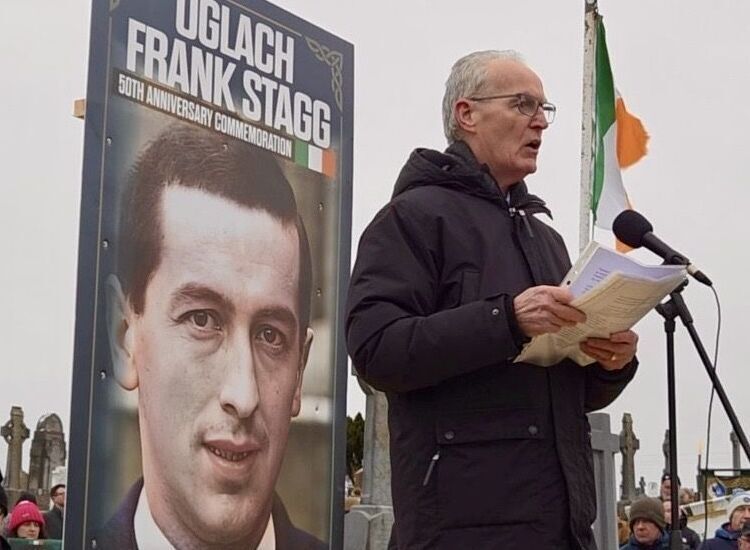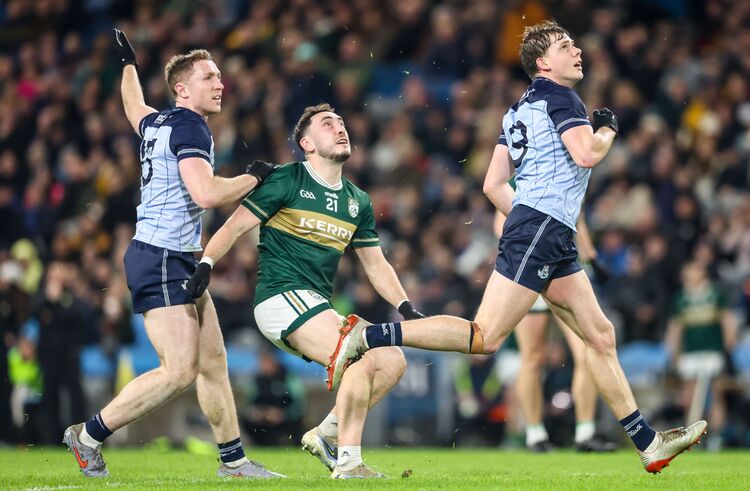The staff of the Old Stand in Dublin recognized the two Americans who walked into the bar one afternoon in July 1972. One visitor had been a regular in his days as a Trinity College student, while the other was arguably the most famous athlete in the world.
The barmen affected a nonchalance at seeing once again Rock Brynner, who was sometimes called his companion’s “bodyguard.” Though six inches shorter and 80 pounds lighter than Muhammad Ali, he got the job because of an incident in which he saved the former and future world heavyweight champion from harm. It took place 12 months earlier, the day before Ali’s fight against Jimmy Ellis in Houston. The pair while out walking were accosted by a racially abusive and threatening thug. “Just keep moving, don’t pay him no mind,” Ali advised. But when that was no longer possible, Brynner broke two of the man’s fingers using a technique his father had taught him.
The only son of movie superstar Yul Brynner originally found his way to Dublin because of his love for the works of James Joyce and Samuel Beckett. His New York Times obituary in 2023 revealed he got two degrees from Trinity. Later on, he became a professional historian and college teacher. Those are two professions also pursued by Dave Hannigan, who in his most recent book, “The Big Fight,” tells the remarkable story of the week Ali took Ireland by storm.
It wasn’t Brynner’s idea that Ali should fight at Croke Park; rather it was one hatched by a charismatic circus strongman and London bar-owner named Butty Sugrue, who was born and grew up near Killorglin, Co. Kerry.
“A bit of a pocket rocket with a neat line of patter,” Hannigan told us, “Sugrue enlisted Harold Conrad, a slick New York publicist, to help him and, against great odds, this little and large combination managed to pull together this unlikely promotion that embroiled a cast of extraordinary characters like John Huston, John Boorman, Jack Lynch, Peter O’Toole and Bernadette Devlin.”
Central to the story of the “week of most glorious mayhem” was Ali’s connection with ordinary people and their love for him. One man who met him recalled, “He was exceptionally nice to us, his eyes almost spoke to you, they were so impish and warm and friendly. He put us at our ease immediately but at the same time he was always bouncing on his toes as he spoke.”
The author ends his account with the Parkinson’s stricken Ali’s return in September 2009 when he received the freedom of Ennis, Co. Clare, the town his great-grandfather, Abe Grady, had left in the 1860s.
Eight years earlier, in December 2001, Hannigan, who teaches at Suffolk County Community College on Long Island and writes the “America at Large” column in the sports pages of the Irish Times every Thursday, met in Detroit with Ali’s Croke Park opponent.
Al “Blue” Lewis had his own really interesting story to tell and he also gave the writer some insights into what it was like to fight Ali.
After a troubled time during his younger days, Lewis made a life for himself in boxing, first as a pro and later as a coach. He married a schoolteacher and they raised a family.
Though they’d recently separated, he nurtured a dream of bringing his wife to Ireland, which he loved visiting and remembered very fondly.
The boxer, who died in 2018, didn’t at all like losing to Ali, but he eventually came to terms with it.
“It was the biggest day of my life,” Lewis told Hannigan about July 19, 1972, “at least the biggest day before I got married, and as a matter of fact, it prepared me for getting married!”

Dave Hannigan
Date of birth: Jan. 17, 1971
Place of birth: Cork City
Partner: Jill Santiago
Children: Abe, 25, Charlie, 18, Finn, 14
Residence: East Setauket, N.Y.
Published works: “The Garrison Game,” “Giants of Cork Sport,” “De Valera in America,” “Terence MacSwiney and the Hunger Strike that Rocked an Empire,” “Behan in the USA,” “Drama in the Bahamas,” “Boy Wonder,” “Barbed Wire University,” “Fifteen Rounds in the Wilderness,” “The Big Fight – When Ali Conquered Ireland.”
What is your writing routine? Are there ideal conditions?
I don’t think there are ideal conditions because what each writer regards as ideal is so different. My full-time gig as a college professor means that I must write in the spaces in between the rest of my professional life. There’s a lot of early morning shifts and if I’m in the mood and have the right amount of coffee those are often the most productive times. There are late-night stints too. No matter the time of day, I listen to music of all kinds as I do so even if it’s just the din of death metal blocking out the noise.
What advice do you have for aspiring writers?
Read and write. Read everything you can get your hands on but especially read the types of books you aspire to write. If you can’t make time for reading, your writing will suffer. And write, write, write. It’s the only way to improve.
Name three books that are memorable in terms of your reading pleasure.
WP Kinsella’s “Shoeless Joe” was the basis for the movie Field of Dreams but the novel contains some of the most beautiful writing about longing and nostalgia and the place of sport in our lives. I dip into it often to try to improve my own prose.
Hampton Sides’s “Hellhound on his Trail” about the assassination of Martin Luther King Jr. and the ensuing manhunt is history written with the pace and energy of a crime thriller. Before reading this, to my shame, all I knew about the killing of MLK came from U2’s song “Pride.”
When I was a very young and enthusiastic Gaelic footballer in Cork, my father gave me Mick O’Connell’s autobiography “A Kerry Footballer.” I read and reread that book 100 times because he fascinated me even though I’d never seen him play obviously. Moving from Dublin to New York in 2000, my dog-eared copy was somehow lost along the way. Pains me still.
What book are you currently reading?
I just finished Rick Atkinson’s “The Fate of the Day,” the second installment of his trilogy about the American Revolution. As somebody who writes non-fiction, this is historical writing of the highest order. Just stunning in every way. So much detail packed into a narrative that never stops rollicking along. This is history the way it should always be written and presented.
Is there a book you wish you had written?
Too many to mention.
Name a book that you were pleasantly surprised by.
For research purposes I’m currently rereading “Triggs,” Paul Howard’s autobiography of Roy Keane’s dog. It’s not that I was pleasantly surprised by it because Paul is a comic genius and everything he writes is hilarious. But I’m stunned at what an achievement it was to write an entire novel from the animal’s point of view and to pull it off so spectacularly. A very under-rated book.
If you could meet one author, living or dead, who would it be?
W.P. Kinsella. Would have so many questions for him but in particular would want to chat about his story “The Dixon Cornbelt League” about a minor league competition for talented baseball players who can’t make it to the show because they choke in big moments. For anybody who ever failed on a big day in any sport, it’s the most resonant tale.
What book changed your life?
I read Eamon Dunphy’s “A Strange Kind of Glory” when I was an undergraduate at UCC. It’s a book about Manchester United and Matt Busby but is about so much more than that in terms of the way he situates the club and the characters in the social history of the city, the immigrant population and the evolution of the game. It was the book that made me want to become a sportswriter.
What is your favorite spot in Ireland?
Until her death, it was my mother’s kitchen. These days, I think it’s the campus at University College Cork. I only spent three years there but it was such a happy time and it was a place where the path of my life changed forever. The friends I made then and are my friends still even if oceans and time zones now divide us. Every time I walk through the old quad there it brings back so many happy memories. It’s become a touchstone I return to on every visit.
You're Irish if...
sad songs make you feel warm inside and a strange kind of happy. I recently put on an Irish folk playlist on the drive back from Lake George and my youngest son complained it was so depressing. Not to me it wasn’t! It put me in a wonderful mood! He’s just too young and too American to understand yet.










